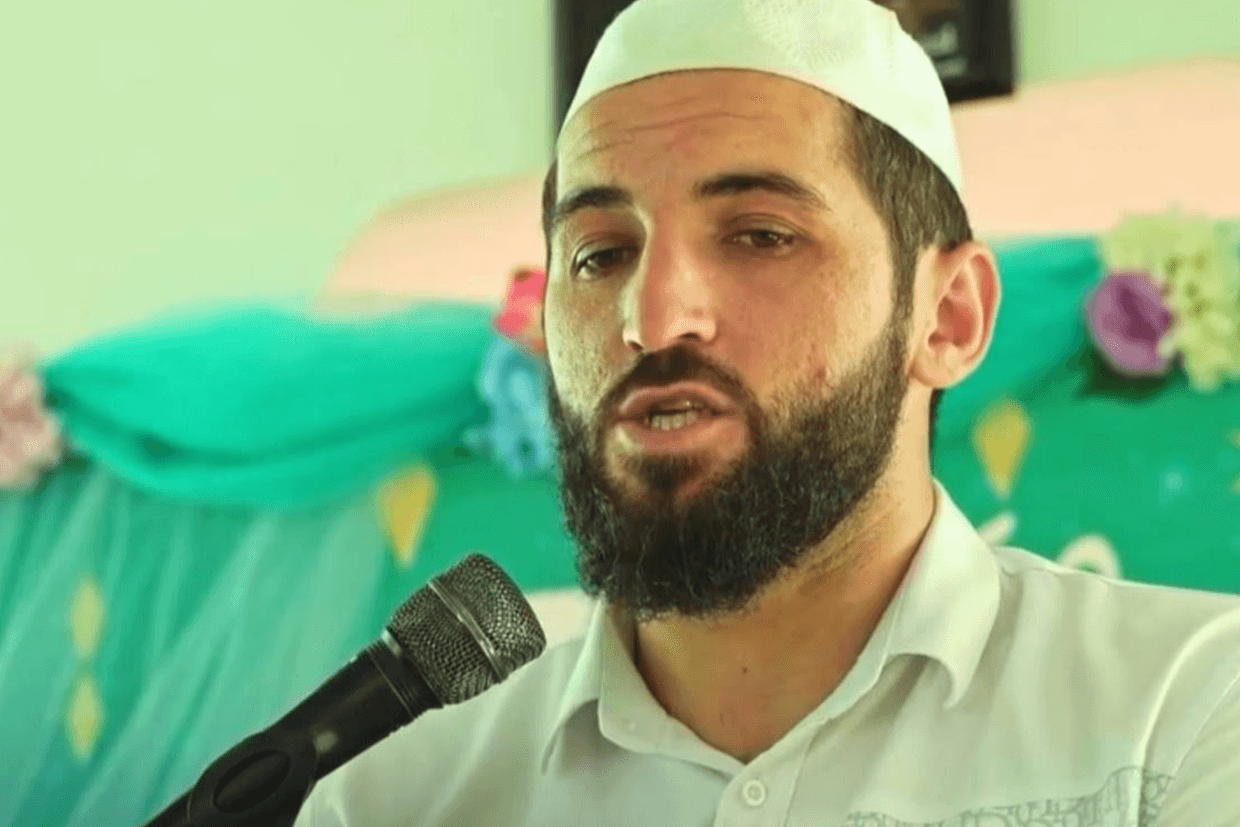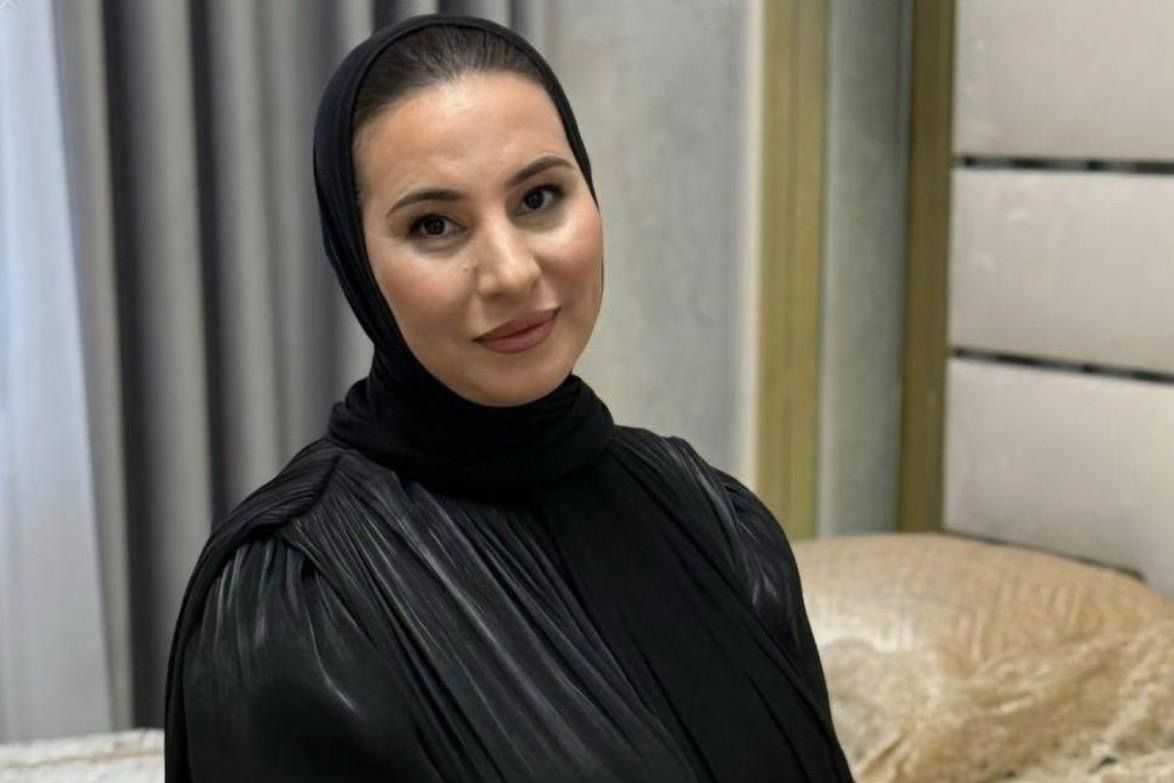
A man in Terjola, western Georgia, has been accused of murdering his ex-wife and injuring several others after pouring petrol over her and setting her on fire.
The attack reportedly took place late on Thursday night at a supermarket where the woman worked late shifts as a manager.
According to TV Mtavari, the man attacked his former partner before locking her in a room and killing her. Several other employees received burns in the attack, while the suspect remains on artificial ventilation due to his injuries.
Local media reported that a restraining order had been issued against the suspect. However, the Ministry of Internal Affairs declined to confirm this.
The Interior Ministry told OC Media that an investigation has launched on charges of intentional murder committed against a family member and with special cruelty, a crime punishable by imprisonment for 16-20 years or life.
A worsening situation
The killing is the latest in a series of high-profile cases of femicide and violence against women in Georgia in recent months, in many cases involving men who had restraining orders against them.
According to the Prosecutor’s Office, 186 cases of femicide were recorded in Georgia between 2014 and 2022.
But Baia Pataraia, the head of Georgian women’s rights group Sapari, told OC Media that femicide statistics in Georgia had worsened in recent years.
‘The situation was not [previously] like this. When [Giorgi] Gakharia was the Minister of Internal Affairs and [Natia] Mezvrishvili was his deputy, the criminal justice policy was very strict, and cases of femicide decreased by a lot. And now we are returning to the old, very high figures’, said Pataraia.
In early October, three women were killed in one week.
One of the highest-profile cases took place in Telavi, in the Kakheti region of eastern Georgia, where a 26-year-old woman was killed by her husband in front of her child. Three days earlier, a Telavi court judge had released the suspect on bail after he was arrested for allegedly attacking and threatening to kill his wife.
The Speaker of Parliament, Shalva Papuashvili, responded to the murders noting that while the number of femicides had decreased since 2005, ‘these facts are terrifying’.
‘There were some shocking facts, which certainly deserve the attention of the parliament. This especially concerns the issue of law enforcement,’ said Papuahsvili.
Since that week, there have been at least three more cases of femicide in Georgia.
An issue of prevention, as well as punishment
Ana Tavkhelidze, a lawyer with the Georgian advocacy group the Partnership for Human Rights (PHR), told OC Media that femicide was a systemic problem which required not only attention after it took place, but also preventative measures to protect potential victims and punish perpetrators of domestic violence.
‘Before now, the state had a very strict policy on domestic violence cases, and this strict policy was also reflected in the courts — it used imprisonment and considered the case from the perspective of the victim — but now the courts have started to change their practice and are demanding a higher standard of evidence, which is in contradiction with national and international legislation’.
‘When we talk about domestic violence, [the courts] cannot demand an extremely high standard of evidence that it knows will never be met by a victim, because a key feature of this crime is that it takes place behind closed doors, there are no witnesses. The main evidence should be the testimony of the victim, which the court should be guided by,’ Tavkhelidze said.
According to her, when courts wrongfully acquit men of domestic violence because of insufficient evidence, it can encourage the perpetrator.
‘[The perpetrator] thinks that nothing will prevent him from committing a crime in the future, because the courts rely on such a high standard of evidence, and this encourages others. Criminals feel hopeful about [their chances in] court’, Tavkhelidze said.
What should the state do?
On 25 November, the government announced that it would participate in an international 16-day campaign against violence against women beginning that day.
The announcement stated that the government was committed to taking ‘a coordinated and complex approach to the fight against violence against women and domestic violence’.
But Tavkhelidze told OC Media that the justice system needed fixing to solve the problem, and existing tools needed to be used correctly.
‘The restraining order, in practice, often works incorrectly, is imperfect, and its monitoring mechanism is useless. That mechanism must be reviewed’, Tavkhelidze said.
According to the Interior Ministry, restraining orders in Georgia can be issued for a maximum of 30 days, and are dependent on the investigating police officer.
Baia Pataraia added that there had been several cases in which police questioned an alleged perpetrator of domestic violence and let him go, after which he murdered his accuser.
‘In general, it’s difficult to predict the behaviour of an abuser, what risk he poses, but there is a risk assessment questionnaire which must be filled out qualitatively in each case by interviewing the victim’, Pataraia explained. ‘[The questionnaire] is a good tool, but the problem is that police officers are too lazy to fill it in and don’t take it seriously’.
‘The example of other countries shows us that where electronic bracelets are used, femicide does not occur. Electronic bracelets are stocked [in Georgia], but their usage is low.’
‘I don’t know how many women have to be killed for [law enforcement agencies] to start using [questionnaires and electronic bracelets]’, she said.
Ana Tavkhelidze said that women in Georgia often faced a dismissive and biased attitude. In cases of violence against women, she said, society blamed the victim and the courts also placed the burden of proof on the victim.
‘The solution is that people who work on domestic violence cases should be selected primarily based on their values and beliefs. If [an employee of a public agency] is himself a supporter and promoter of gender inequality, thinks stereotypically, it is impossible for him to be a good police officer or judge’, she said.
‘Professionals should be selected, retrained, and qualified on this basis, because there is a shortage of knowledge, and this will be the answer to the problem.’
If you are a victim of domestic violence in Georgia or have information about domestic violence, you can call the national emergency number on 112. A counselling hotline for Georgian citizens can be reached at 116 006.









